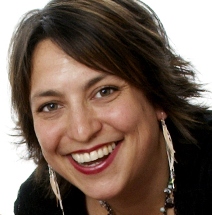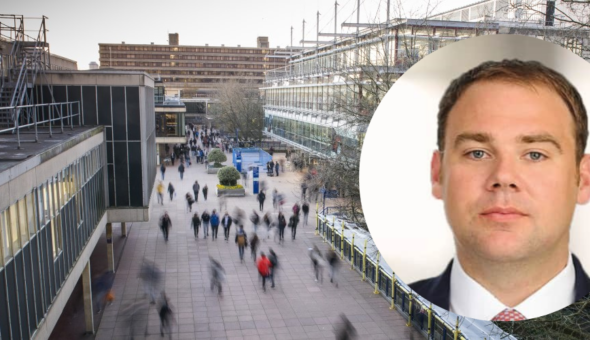Action for M.E. CEO and Bath alumna, Sonya Chowdhury, recently volunteered her time and expertise at one of our ‘Get Connected’ events. It was the first engagement she’d had with us since she graduated in 1998, but within 24 hours of the event she had booked plane tickets to attend the World Health Assembly summit as a guest of the CEO of the largest cancer fighting organisation in the world. Read her story below.
Being asked to speak on a panel at the ‘Get Connected’ event in London about working in the charity, NGO and policy sectors not only gave me a chance to share my experience, but opened doors that I would never have expected to be there for me.
The Chair of the Panel, CEO of the Union for International Control of Cancer and alumnus [and recent honorary graduate], Cary Adams, spoke with me after the event and invited me to Geneva. Little did I know that 24 hours later I would have plane tickets booked and four days at the World Health Assembly summit at the United Nations in my diary.

This was an incredible opportunity for me to develop a greater understanding of how policy and decision-making happens at a global health level. From a personal perspective, the insight and learning was immense and I couldn’t possibly have got as much from just reading about the systems or structures in place. Alongside this I received a masterclass in CEO networking from Cary (who was phenomenal to watch in terms of ‘working the room’) and benefited from being introduced to a number of influential and inspiring individuals.
I don’t know how much you know about M.E., but it’s an illness that quite literally steals lives; a long-term neurological condition that affects many of the body’s systems and leaves children and adults with extreme, persistent exhaustion and a range of nasty symptoms including cognitive dysfunction, sleep difficulties and pain amongst many others. Many of the 250,000 people in the UK will M.E. describe being trapped; existing but not living.
Politically, M.E. has a very low profile in the UK (it’s different in the Netherlands and the US) so finding a way to mobilise people and significantly increase the profile of M.E. is critical. Having the opportunity to gain a better understanding of how we might do this through engagement at World Health Assembly level, and exploring how to build networks and create a bigger collective voice, will ultimately benefit people affected by this devastating illness. Supported by Cary, I am now developing a proposal for a five-year plan to achieve just that, and build on the collaboration work we are already undertaking such as establishing an International Alliance of leading charities across the globe.
The Panel was my first real engagement with Bath Alumni since I left in 1998. I am surprised and delighted by what it has offered me, personally and professionally, as well as the potential for people with M.E. and the charity that I run. Hopefully, there will be more to come!
Respond


